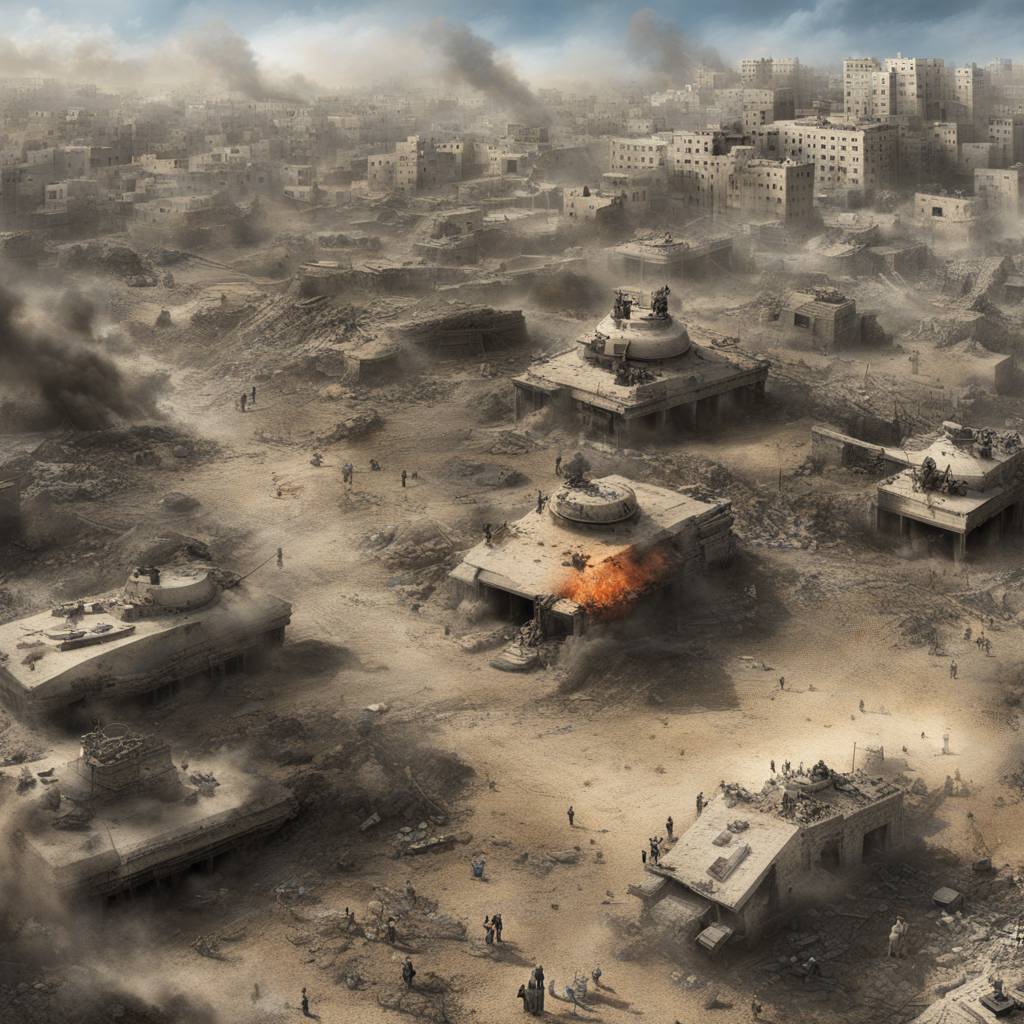Americans are increasingly disapproving of Israel’s military actions in Gaza, with 55% now disapproving and only 36% approving. This shift is seen across all major political parties, with significant declines in approval among Democrats, independents, and Republicans. The war in Gaza has resulted in a large number of casualties on both sides, with widespread destruction and severe humanitarian crises in the region. Tensions have escalated between the U.S. and Israel, with Netanyahu canceling a delegation to Washington after the U.S. refused to veto a UN Security Council resolution calling for a cease-fire during Ramadan. President Joe Biden and Senate Majority Leader Chuck Schumer have criticized Netanyahu’s handling of the conflict, urging him to reconsider his approach.
Despite pressure from the U.S., Netanyahu has remained determined to expand military actions into Rafah in order to defeat Hamas. He has indicated a willingness to proceed with or without U.S. support. Former President Donald Trump, a strong ally of Netanyahu, has also weighed in on the situation, urging Israel to complete the war in Gaza. Trump expressed concerns about the impact of Israel’s bombing campaign on its global image, criticizing the release of videos showing bombs being dropped on Gaza. He suggested that these images were damaging Israel’s reputation and losing support for the country, highlighting the need for strategic communication in times of conflict.
The conflict in Gaza has raised concerns about the high civilian casualties and destruction of infrastructure in the region. The international community has called for an immediate cease-fire to address the humanitarian crisis and prevent further loss of life. U.S. officials have emphasized the need for Israel to consider the humanitarian consequences of its actions and work towards a peaceful resolution to the conflict. Netanyahu’s insistence on expanding military operations has strained relations with key allies and increased scrutiny of Israel’s policies.
As the conflict in Gaza continues to escalate, there is growing pressure on Israel to reconsider its approach and prioritize diplomatic efforts to end the violence. The U.S. has warned of potential global isolation for Israel if it continues with its military campaign in Rafah. President Biden and other officials have stressed the importance of protecting innocent lives and working towards a sustainable peace in the region. Netanyahu’s defiance of international pressure and criticism from key allies could have long-term implications for Israel’s relations with the U.S. and other countries.
The situation in Gaza remains volatile, with ongoing clashes and mounting casualties on both sides. The international community is closely monitoring the developments and urging all parties to de-escalate the conflict and engage in dialogue to achieve a lasting peace. The fallout from the war in Gaza has underscored the complex challenges facing the region and the importance of coordinated efforts to address the humanitarian crisis and prevent further bloodshed. As Israel grapples with internal and external pressures, the need for effective leadership and diplomacy becomes increasingly critical in navigating the path towards peace and stability in the region.


